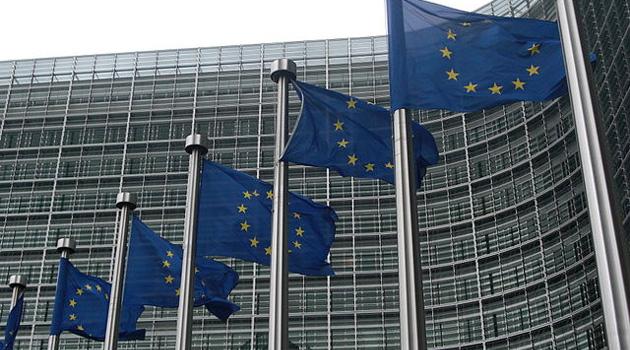British concerns over influx of Bulgarians and Romanians said to be exaggerated

The British Government has commissioned an independent study of immigration
to Great Britain from Bulgaria and Romania and published the results on 5 April.
The number of immigrants from Bulgaria and Romania should not significantly grow
until the start of next year, when the last legal barriers to freedom of
movement for those citizens are set to expire.
At the close of this year, the seven-year waiting period established by
Britain after the entry of Bulgarian and Romania into the EU to restrict the
free movement of citizens from those states to the UK will elapse. Bulgarians
and Romanians will be able to work in Britain without restrictions and will
theoretically also be able to draw welfare there, which has prompted concerns
among many British politicians.
The government of Conservative Prime Minister David Cameron commissioned a
study from the National Institute for Economic and Social Research (NIESR) about
the expected developments in migration from Bulgaria and Romania. "There are
very few indications that we might expect any significant influx of immigrants
prior to the lifting of those temporary restraints," the report states.
The report reminds the reader that Bulgarians and Romanians who emigrate
typically head for either Italy or Spain and, to a lesser degree, Germany. It is
therefore unlikely that they will now head to Britain.
With respect to ethnic Romani citizens from these countries, according to the
study their migrations are temporary and two-thirds of them return to their home
countries within six months. "There is no reason to panic," researcher Heather
Rolfe of the NIESR said last week in a radio interview.
After the accession of 10 new countries to the EU (including the Czech
Republic and Slovakia) in 2004, Britain completely opened its borders to people
from those countries. The number of immigrants to Britain, predominantly from
Poland, greatly exceeded the predictions of the then-Labour government and
immigration became a touchy domestic political topic, particularly after the
economic crisis hit. Bulgaria and Romania entered the EU in 2007, but Britain
introduced temporary restrictions against their citizens.
According to the Financial Times, British Minister for Europe David Lidington
is now negotiating with the Romanian Government about a campaign to convince
Romanian citizens they will not automatically qualify for welfare in Britain.
British Prime Minister Cameron is under forceful pressure from the rising UK
Independence Party and the right wing of his Conservative Party to do as much as
possible to prevent another influx of immigrants.
Last week Cameron announced he would be tightening the rules for awarding
British welfare to EU citizens. However, in an interview with a British Sunday
newspaper, EU Commissioner for Employment László Andor criticized those
proposals.
Andor emphasized that the European Commission has repeatedly asked the
British Government to present evidence for its claims of “welfare tourism” but
has never received any. "The reality is that immigrants from other EU countries
are beneficial to the British economy … because they pay more taxes and draw
fewer benefits than British employees do,” Andor said.
An estimated 26 000 Bulgarians and 80 000 Romanians live in Britain today.
The largest community of immigrants from the post-communist countries is
comprised of Polish people, of whom more than half a million live in Britain.